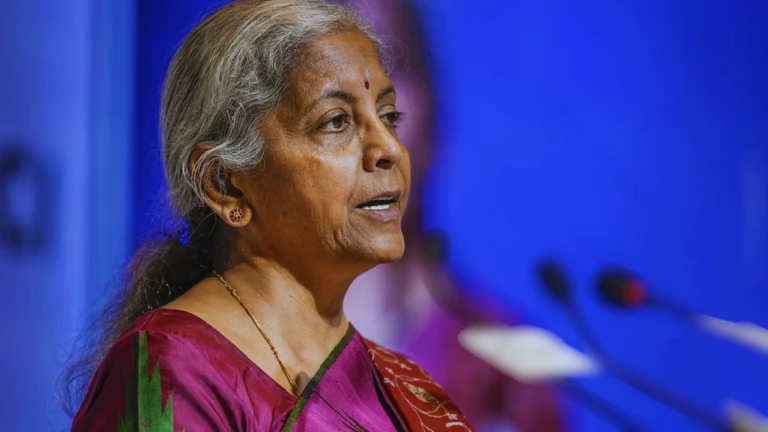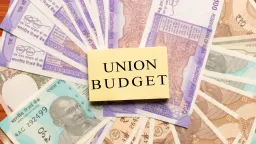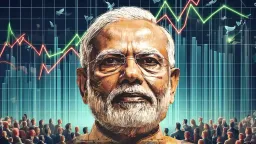Budget 2024: Fiscal Discipline and Long-term Growth Ahead of Elections

In a move that marks a departure from traditional pre-election budgets, the Indian government, led by Prime Minister Narendra Modi, has presented a budget for the fiscal year 2024-25 that emphasizes fiscal consolidation and long-term economic stability.
Fiscal Consolidation at the Forefront
Finance Minister Nirmala Sitharaman, in presenting the budget, announced a reduction in the fiscal deficit to 5.1% of the GDP, indicating a commitment to fiscal prudence. The government's approach signals a focus on attracting investors by maintaining economic stability, rather than resorting to populist spending.
Capital Expenditure and Infrastructure Development
A significant highlight of the budget is the record allocation of 11.11 trillion rupees for capital expenditure. This marks an emphasis on boosting the economy through infrastructure development, including roads and bridges, while keeping fiscal deficits under control.
Subsidies and Welfare Schemes
In a notable shift, the budget proposes reduced subsidies on fertilizers by 13% compared to last year, and the allocation for a rural employment scheme remains unchanged. This approach suggests confidence in the government's popularity without the need for extensive welfare spending.
Housing Initiatives
Addressing housing needs, the budget includes plans to build 20 million affordable houses over the next five years, in addition to launching a housing scheme for the middle class.
Government Borrowing and Market Impact
The government plans to borrow a lower-than-expected 14.13 trillion Indian rupees from bond markets, which is a positive signal to investors. The budget had a muted impact on equity and currency markets but resulted in a drop in the benchmark 10-year bond yield, indicating market approval of the fiscal deficit target.
The India Budget 2024 stands out for its focus on fiscal discipline and long-term economic growth, rather than immediate consumption stimulation. With national elections due by May, the budget reflects the ruling party's confidence in its economic policies and its commitment to maintaining economic stability.









